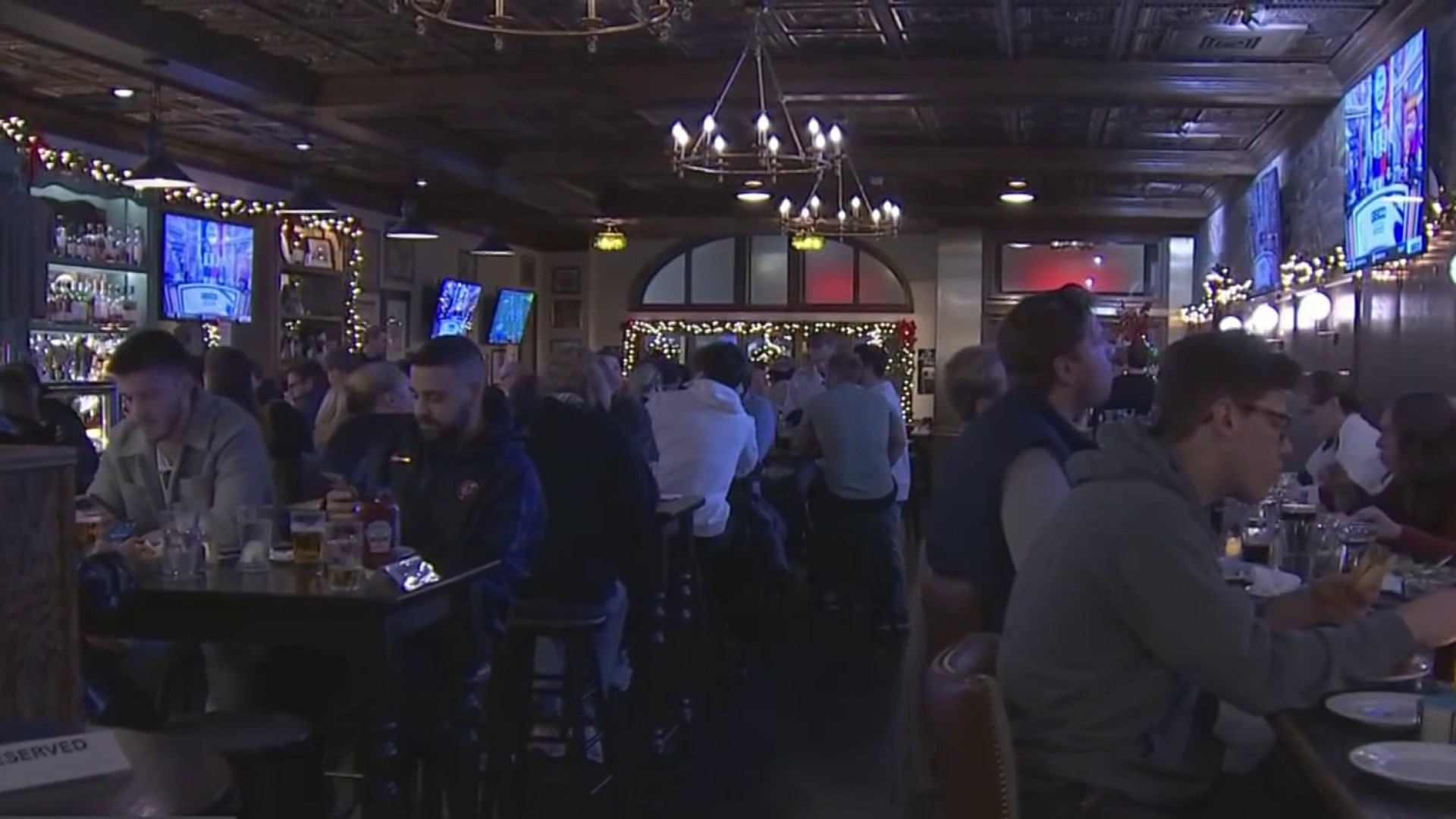The next time you try to use the Wi-Fi at Starbucks, you'll be asked for some personal information.
Earlier this month, Starbucks began requiring customers to provide their first and last names, email addresses and ZIP codes in order to access the internet, a company spokeswoman confirmed to News4. Before the change, customers were able to connect to the free Wi-Fi just by agreeing to the terms and conditions.
The change comes as other corporations, including Facebook, face criticism about their handling of customers' data.
Starbucks made the change to "create a more seamless customer experience," the spokeswoman said. Customers who connect on a device once will remain connected on the same device on a future visit to a company-owned store.
The coffee giant said at the bottom of a March 27 news release on the return of their happy hour drink specials that they would ask Wi-Fi users for their email addresses. There was no mention there of asking for customers' names or ZIP codes.
Some Starbucks customers who went to use the Wi-Fi questioned the change, calling it invasive.
"With all of the data breaches, why @Starbucks & @google would you change login to wifi? Especially asking for information that you know will be compromised?" one customer wrote.
By comparison, Dunkin' Donuts does not require customers to give their personal information in order to access Wi-Fi, a company spokesman said. Peet's Coffee did not respond to an inquiry.
Joseph Jerome, a lawyer for the Center for Democracy and Technology, said Starbucks' customers should seriously consider the policy change.
Local
Washington, D.C., Maryland and Virginia local news, events and information
"When you give away your email address, you have a hard time knowing who's going to end up with it," he said.
Starbucks' privacy policy says the company "may share your information with marketing service providers to assess, develop and provide you with promotions and special offers that may interest you, administer contests, sweepstakes and events or for other promotional purposes."
Albert Gidari, the director of privacy at Stanford's Center for the Internet & Society, said he didn't see any problem with Starbucks asking for customers' information in exchange for free Wi-Fi. The company already has similar information on the 15 million people who participate the store's rewards program
Both Jerome and Gidari recommended that people set up a separate email address to give to stores and websites.
"As a matter of caution, privacy experts are telling people to be careful about the email addresses they throw out there," Jerome said.
Jerome said he expects more companies will take steps to collect customer data.
"The future of customer engagement is having one-to-one relationships, and you know where customers are at all times," he said. "It's the type of relationship Facebook and Google have."



